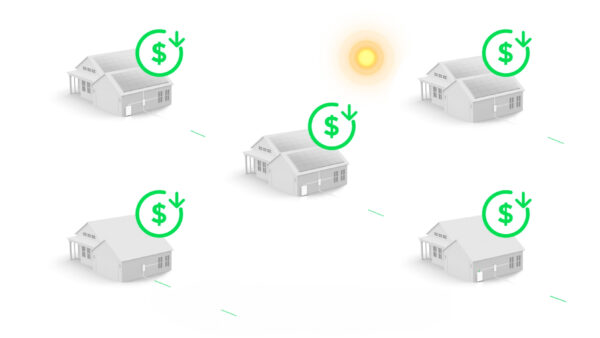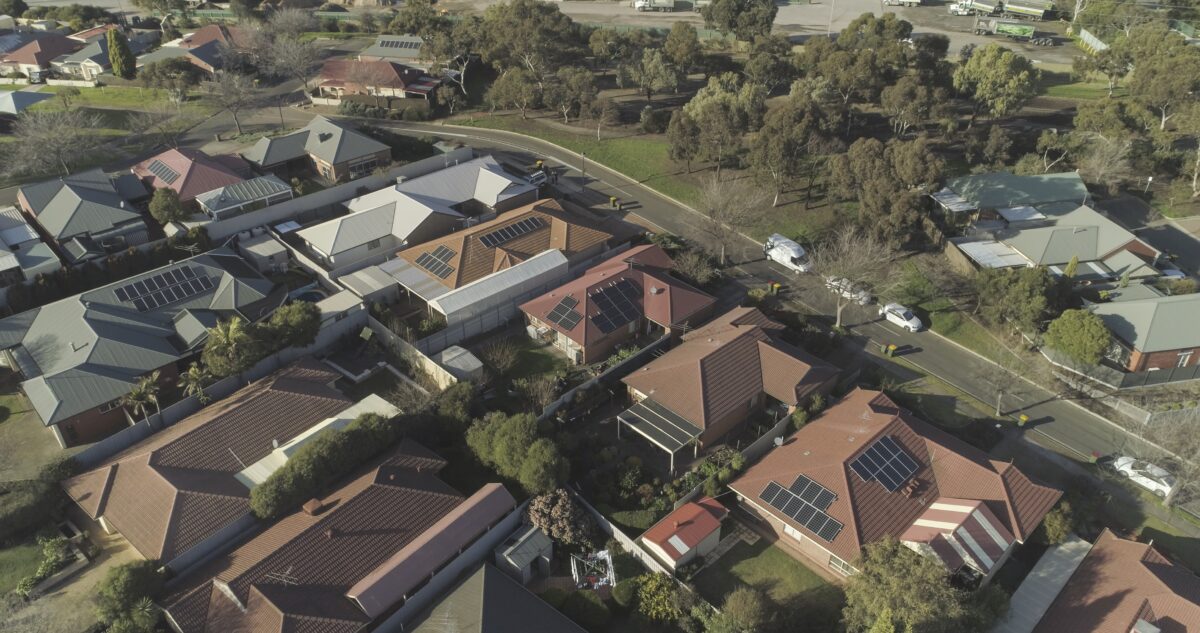South Australia’s virtual power plant (SAVPP) has partnered with Adelaide-based community housing provider, Unity Housing, to supply low cost energy to 1,750 tenants, as part of its fourth phase to include another 3,000, of over 7,000 low income households in the energy transition.
The $60.6 million (USD 40 million) SAVPP began in 2017 as a collaboration between the state government, America-headquartered Tesla and Australian energy provider and retailer, Energy Locals, initially for government-run public housing tenants.
It is the first time the SAVPP is being opened to low and moderate income tenants in not-for-profit owned and run community housing.
Tenants who join SA VPP will have a 5 kW / 13.5 kWh Tesla Powerwall installed at their property and if their rooftop is suitable, have a solar system installed with an average capacity of 5 kW.
At the end of 2024, 7,000 SAVPP sites will have been installed, having a combined emissions reduction impact of 20,825 tonnes of CO2-e per year.

Image: Unity Housing
Unity Housing Chief Executive Officer Matthew Woodward said the partnership is a game-changer for the national community housing sector, benefiting tenant households and the environment.
“Unity Housing tenants will be the first in the community housing sector to share the benefits of cheaper and renewable energy at scale by participating in this scheme at a time when household budgets are under increasing pressure from rising living costs,” Woodward said.
“That’s what makes this initiative so important – it provides people in greatest need with no-cost green energy infrastructure that will help manage the household budget, reducing stress and anxiety and improving health and wellbeing, while helping the environment. It’s a win, win, win.”
South Australian Minister for Housing and Urban Development Nick Champion said the initiative would provide real savings to lower income earners.
“The increasing cost of living is a real issue being felt across Adelaide and initiatives like the SA virtual power plant will make a genuine difference to the tenants at Unity Housing,” said Mr Champion.
Tesla, through Energy Locals, shares the benefits of savings from energy produced via the solar and battery systems by providing tenants the lowest energy prices in in the state.
Unity Housing tenants could save up to $562 a year – or 25 per cent off the state’s Default Market Offer based on average tenant household usage.
To date, more than 250 Unity Housing tenants located across Adelaide’s western suburbs have registered to join the SAVPP and more than 150 have been benefitting from cheaper electricity over the past three months through the installation of batteries and/or solar panels.
The SAVPP was initially supported by $10 million from the state government’s Grid Scale Storage Fund in ongoing payments, $30 million debt finance from the Clean Energy Finance Corporation and an $18 million equity contribution from Tesla.
This content is protected by copyright and may not be reused. If you want to cooperate with us and would like to reuse some of our content, please contact: editors@pv-magazine.com.








1 comment
By submitting this form you agree to pv magazine using your data for the purposes of publishing your comment.
Your personal data will only be disclosed or otherwise transmitted to third parties for the purposes of spam filtering or if this is necessary for technical maintenance of the website. Any other transfer to third parties will not take place unless this is justified on the basis of applicable data protection regulations or if pv magazine is legally obliged to do so.
You may revoke this consent at any time with effect for the future, in which case your personal data will be deleted immediately. Otherwise, your data will be deleted if pv magazine has processed your request or the purpose of data storage is fulfilled.
Further information on data privacy can be found in our Data Protection Policy.